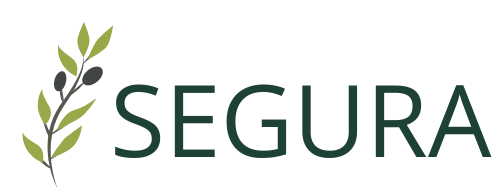The SEGURA project aims to improve knowledge about the complexities of the food security – conflict nexus.
With Colombia and the Cauca region as its study setting, the SEGURA proposal aims to improve our knowledge about the complexities of the food security-conflict nexus, clarify theoretical relationships, and test theoretical intuitions using comprehensive fieldwork and empirical data.
The SEGURA project is an interdisciplinary study of how conflict shapes, and is shaped by, food security. Our project builds on a large, yet incomplete, literature at the intersection of food security and conflict. Although a long academic tradition linking conflict and food security exists , our project address three key gaps in the literature. 1) the significance of local and institutional perspectives 2) the lack of an integrated and mulitidimensional concept of food security 3) the absence of gender dimensions.
Our study will zoom in on the region of Cauca, a well-suited case for studying the complex dynamics between food insecurity and conflict. Cauca exemplifies the intricate web of actors and levels of violence that marks Colombian violent conflicts, involving: drug cartels, paramilitary, military, and guerrilla groups; disputes over access to land and environmental assets; and internal displacement and migration. The dynamic in Cauca includes a wide range of society and local level factors that represent challenges to food security and peaceful development, including unequal access to resources, poor infrastructures and weak state institutions, socio-cultural conflicts, and environmental degradation.
Empirically, we aspire to explore and expand the food-insecurity nexus by 1) addressing how everyday household food provision is shaped by conflict and security, 2) by localizing food access institutionally, socially and culturally. 3) by addressing the dynamic of formal entitlements to food and informal ties and networks.
